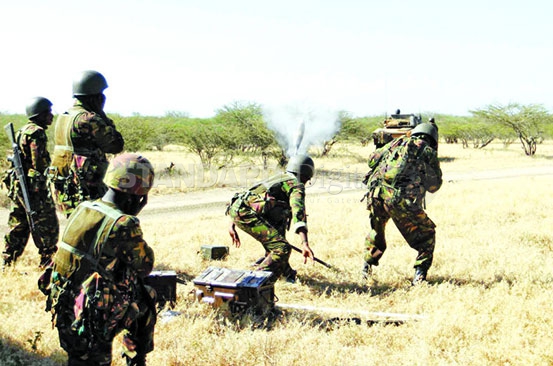×
The Standard e-Paper
Join Thousands Daily

Experts are faulting government's strategy to confront the rising terror threat and its failure to comprehensively implement existing security laws.
While some question why the government has not invested in drone technology and instead opted to erect a wall on parts of the Kenya-Somali border to gather real-time intelligence, others say the establishment of a Homeland Security department would be the best bet in securing the country.